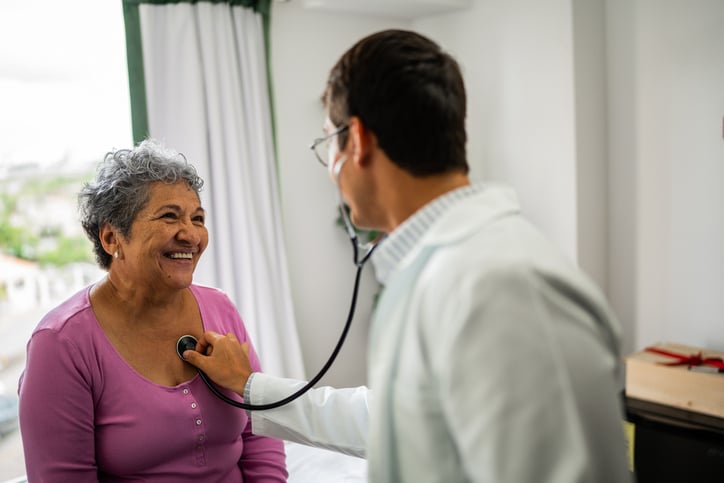 Picture a healthcare experience through the lens of a Millennial: scheduling a doctor's visit shouldn't be more complicated than ordering dinner through an app, and understanding medical costs shouldn't feel like cracking a secret code. For the 82.2 million Millennials, who will comprise 75% of the global workforce by 2025, these aren't just preferences—they're expectations (Ench, 2023).
Picture a healthcare experience through the lens of a Millennial: scheduling a doctor's visit shouldn't be more complicated than ordering dinner through an app, and understanding medical costs shouldn't feel like cracking a secret code. For the 82.2 million Millennials, who will comprise 75% of the global workforce by 2025, these aren't just preferences—they're expectations (Ench, 2023).
The Digital-First Generation Reshaping Healthcare
Born between 1981 and 1996, Millennials grew up with technology and their approach to healthcare reflects this digital fluency, with 74% preferring telemedicine to traditional in-person appointments (Harvard Pilgrim Healthcare, 2024). Millennials also expect seamless digital tools for booking appointments, accessing medical records, and receiving real-time updates on their health (Ench, 2023). For employers, offering healthcare plans with robust telemedicine options and easy-to-use digital platforms will resonate strongly with this generation.
Current Healthcare Utilization Patterns
Interestingly, while Millennials have the highest emergency room utilization rates, they visit primary care physicians (PCPs) less than any other generation (United Healthcare, 2024). This presents both challenges and opportunities for employers. Patients who regularly visit their PCP are 20% more likely to follow care recommendations and typically experience 8% lower risk-adjusted claims costs (United Healthcare, 2024). Encouraging Millennials to engage in preventive care could make a big difference.
Millennials also prioritize cost transparency. With student loans, career growth, and family planning all vying for their attention (and budget), they want healthcare plans that offer transparent, upfront pricing. Millennials don’t like surprises when it comes to healthcare bills—they’d rather know the costs before committing to services (Ench, 2023). Affordable healthcare options, especially those addressing mental health and burnout, allow Millennials to manage their health without worrying about unexpected costs (Antonacci, 2023).
How Employer-Sponsored Primary Care Clinics Can Meet Millennial Needs
Employer-sponsored primary care clinics are an ideal solution for Millennials’ healthcare expectations. With Millennials placing a high value on a hybrid care model—balancing digital and physical care—employer-sponsored clinics offer the best of both worlds. They allow Millennials to manage their health on their terms, with digital tools for booking and tracking, and in-person care when needed (United Healthcare, 2024). By offering preventive care, mental health resources, and chronic disease management under one roof, employers can make healthcare simpler and more accessible. Employer-sponsored clinics also provide cost transparency, reducing the stress of navigating external systems and surprise bills.
Looking Forward
The key is to blend digital convenience with personal care in a way that feels natural to this tech-savvy generation. While Millennials currently show lower traditional healthcare utilization, their needs and preferences will shift as they age. Employers who establish trusted healthcare relationships now through convenient, transparent, and digital-first services will be better positioned to support this generation's long-term health needs.
References
Antonacci, A. (2023, October 25). Benefits flexibility: Why it’s a must-have for a 5-generation workforce. HR Executive. https://hrexecutive.com/benefits-flexibility-why-its-a-must-have-for-a-5-generation-workforce
Ench, S. (2023, September 19). Evolving Generational Values in Workforce Benefit Plans. Accu Source HR. https://www.accusourcehr.com/blog/evolving-generational-values-in-workforce-benefit-plans
Harvard Pilgrim Healthcare. (2024). Millennials and Health Care Benefits. https://www.harvardpilgrim.org/hapiguide/millennials-health-benefits/
United Healthcare. (2024, July 24). Multigenerational workforces demand different health care experiences. https://www.uhc.com/agents-brokers/employer-sponsored-plans/news-strategies/multigenerational-workforces-demand-different-health-care-experiences



